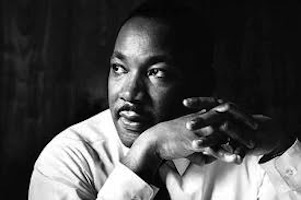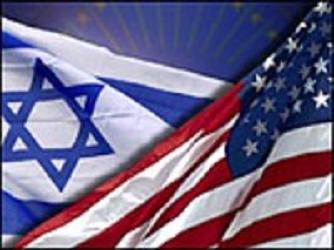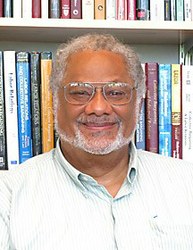On May 17, 1957, in the burgeoning phase of the modern civil-rights movement, Dr. Martin Luther King Jr. addressed a demonstration in Washington, D.C., calling for congressional action on a slate of laws to end racial segregation and assure African Americans equal rights. The Prayer Pilgrimage for Freedom drew demonstrators largely from churches, religious groups and people sympathetic to the cause, and was an early indication of the pivotal role King would play in at once galvanizing support and momentum for the movement and challenging the power structure’s resistance to the movement’s demands.
On April 5, 1968, the nation and the world were coping with the full weight of the news that King was assassinated previous night, cut down on the balcony of the Lorraine Motel in Memphis, Tenn., where he had gone to organize support for African American sanitation workers open strike for equal pay and better working conditions. King was 39 years old.
A decade earlier, in the nation’s capital, King had taken up the mantle and made the clarion call for freedom, justice and equality. He also warned that the protracted struggle would entail battles with sellout leaders, treacherous liberals and the political currency of the hard-won right to vote.




